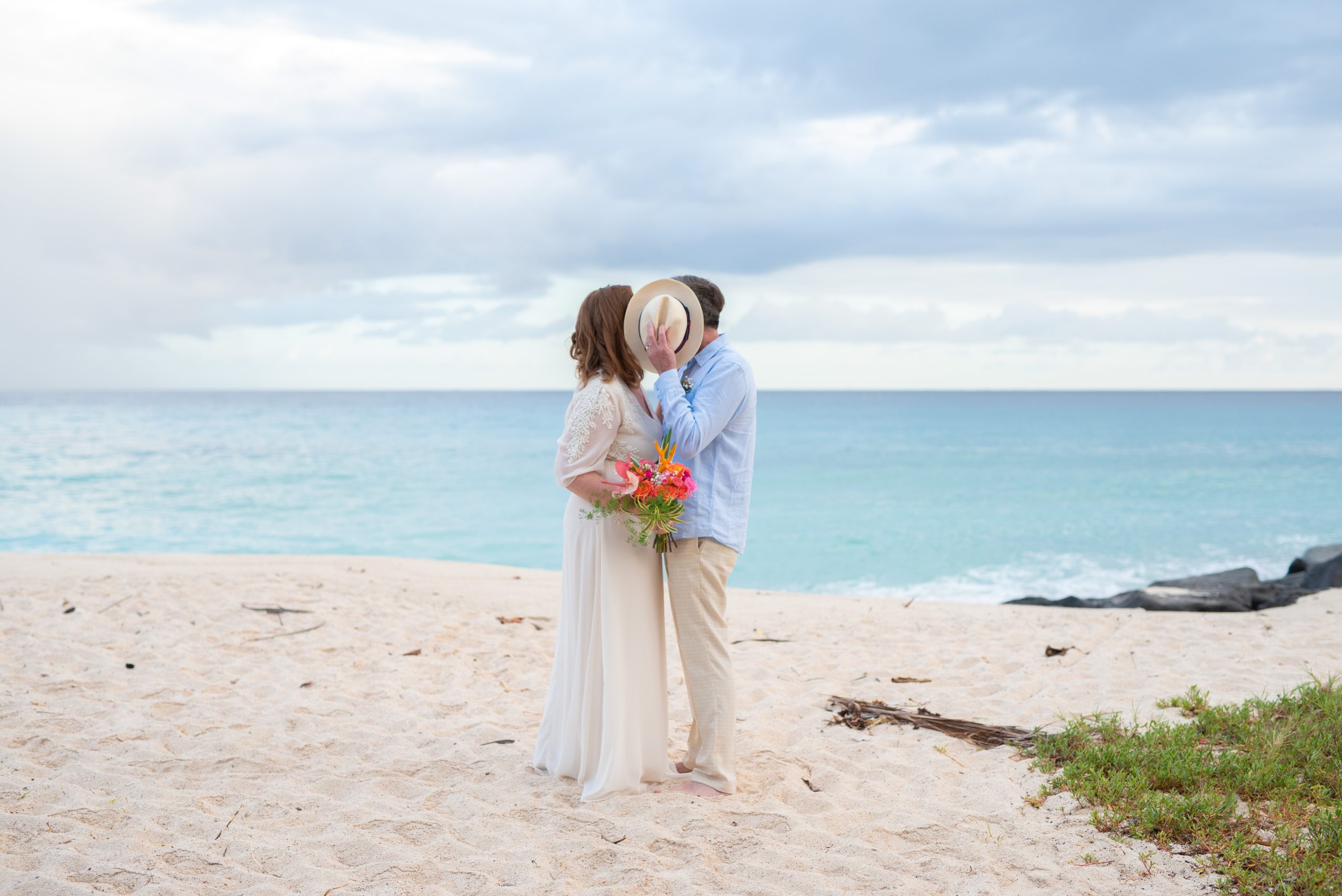While the major concern of the COVID-19 crisis is public health and safety, its tentacles have far reaching effects on society at large. Upcoming weddings and social events, of course, have not been spared. Due to the closure of non-essential businesses and required restrictions on gatherings, many persons are put in the unfortunate predicament of having to cancel or reschedule their weddings or other celebrations. Those of us who have been affected must also face the challenges of changing plans that may have been in the works for months or even years! Thus, we must face this task head-on – and with the uncertainty of when the pandemic will be over, if your nuptials are in the balance, you may be unsure of what to do next, especially if your original wedding date is within the next few weeks.
If you must cancel, consider the individual cancellation policies of all the services you have booked. Unfortunately, the rapid development of events requiring the closure of businesses was unforeseen by many, so some persons are too late to cancel contracts outright. If you are able to reschedule, here are some suggestions for your next steps.
1) Review all the contracts you have secured so far, and become familiar with their rescheduling or cancellation policies, then determine if you can recoup any refunds.
2) Consider what dates would be feasible- and try to do so as fast as possible, given that you would now be competing for available dates later down in the year, or even early next year, with all your vendors and your venue. Choose a few options that can work and keep them in mind. Consider alternatives to the traditional Saturday wedding to increase your chances of finding dates where the entire team booked would be available.
3) Call your venue and photographer and ask them about availability on the possible dates for rescheduling. Once you have found a new date that can work for everyone, you can contact all the other services booked to negotiate rescheduling to the new date. Fortunately, many vendors are making adjustments to work with clients by forgoing financial penalties for rescheduling, but you should reach out as quickly as possible and confirm if there would be postponement fees attached, just to weigh your options.
4) Request refundable payments if any, but keep in mind that there is a significant chance that you will lose non-refundable payments if you cancel versus reschedule the services. After all, many vendors may not be able to offer refunds as they are also thrust into economic setbacks as a result of the pandemic.
5) If you have already sent invitations, you can opt to send a digital update to inform your guests of the change in date, accompanied by a new RSVP date. If you were planning an intimate celebration or a destination wedding, it may be better to also call your guests and reach out to them personally to ensure they received the message- guests to destination weddings typically would have applied for vacation time, paid for airfare and accommodation, which would also have to be rescheduled.
6) Talk to your event insurance supplier- if you had obtained event insurance for your wedding, you may be able to make a claim for lost deposits, depending on the policy obtained.
7) Take a deep breath and remind yourself that the health and safety of everyone is of paramount importance. In the big picture, loss of life is more devastating than any material loss you can experience. These are truly extraordinary circumstances.



